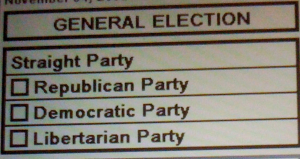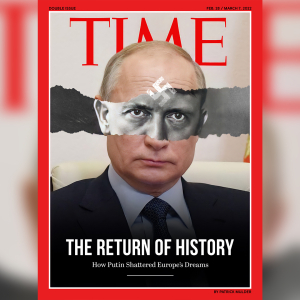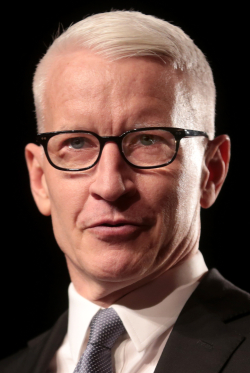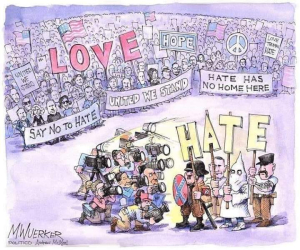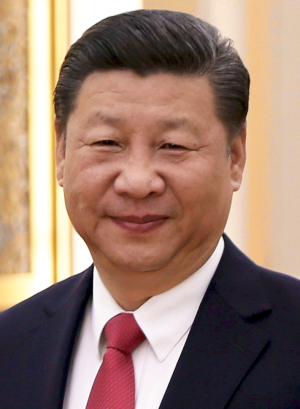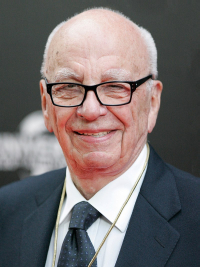Crisis of 2020
The Climax of the Story
Wars are won on the battlefield. Elections are won on the ground.
Read moreThe Straight Ticket Election
If everyone registers, if everyone votes, if all the votes are counted and reported fairly, most people will be satisfied...
Read moreWe are at War
Some days I feel Joe Biden is going through the FDR years on fast forward.
Read moreThe Year of Clarity
I’m thankful, because now everyone knows what I long feared. Things really are that clear, that stark, that black and...
Read moreThe Way to Wealth is Tolerance
Elon Musk is an immigrant. Tim Cook is gay. So what? Tolerance is the way to wealth.
Read moreSilent Majority
Unless democracy was itself a bad idea, Republican officeholders should not expect to be popular in November.
Read moreTech Demands Freedom
The freedom to think what you want, and be who you want, is now the key to economic growth.
Read moreThe Privilege of Struggling Against Taliban and Oligarchs
I won’t surrender the legacy of those who raised me.
Read moreThe Paralysis of War
I remain convinced that the legacy of this war will be a turning point in global history, out of the...
Read moreCry Treason
Republicans think they can go from being appeasers to being war hawks on a dime. Will we let them get...
Read more


